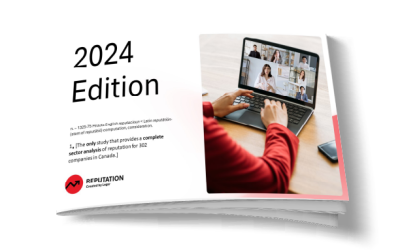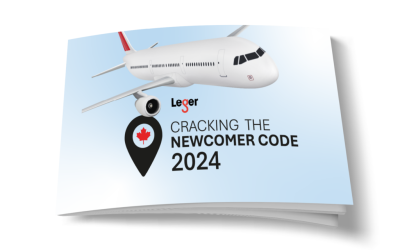Before online communities were a “thing” in our industry I was a huge proponent of ethnographic research. This was by far the best way to uncover consumer behaviours that could lead to true innovation. As we all know, ethnography often uncovers truths about consumers that they can never themselves express in the context of a structured line of questioning so we use the line of questioning to elicit reactions more than anything else – to have them show us rather than tell us how they behave – to have them lift the curtain so we can peek behind it and learn something new. And of course having the chance for once, as a researcher, to ask questions but not really care so much about the verbal responses and focus more on reading between the lines had its appeal.
A very wise man once said:
“True innovation of products or services happens when there is the possibility of deep observation and interpretation of spoken and unspoken needs and desires – NOT from asking questions, as most questions we ask have inherent hypotheses built in that are rooted in what is already known or expected.”
Actually – no one ever said that – that was just me trying to sound smart by mashing up a bunch of actual quotes I’ve read over the years. But the point is valid: asking direct questions work most of the time but not all of the time – and certainly not when trying to discover something truly new about consumers. We do our best with proven methodologies – and don’t get me wrong – they work, but ethnography is too often thrown to the curb due to budget and timing constraints, or purely due to lack of access to good ethnographers. And this happens even when we know that a methodology based on observation would be the quickest and easiest path to innovation. Innovation isn’t about iteration on existing products, features or solutions – it is about anticipating the consumers’ needs and desires before they themselves are fully conscious of those needs and desires. And if they’re not fully conscious of these – how can we be expected to uncover the truth with a bunch of questions?
Good advertisers do this really well – delight consumers that is – so why is it a struggle for the rest of us? Think about it – great advertising often surprises and delights us even if what we see or hear is completely out of left field. I believe (and hope that this is the truth) that advertisers have a knack for observation that translates into great ideas on how to market things effectively. They look at what people are saying, feeling, buying, how they communicate with one another, what the latest trends are in seemingly unrelated fields, and bring all those things together to create perfect storms. OK – only sometimes – but I’d say they do so more often than product manufacturers or service providers.
Enter “Online Communities”, aka MROCs. If you’re still reading this blog the chances that you know all about them are quite high so I won’t (further) bore you with my definition. I will however use this limited space to describe how they truly are what researchers need to help their clients innovate in very big ways.
Communities provide us with a multitude of tools (surveys, focus groups, mood boards, live chats, open forums, etc.) to conduct focused traditional research projects. Great – those are just online versions of the tools we’ve always had aren’t they? So how in the world will they help us innovate any more than the non-online versions? They allow us to take an ethnographic approach to the data and conversations – and on a much larger scale.
Imagine walking into a room full of strangers. They are chatting about local politics (yes – on purpose!). The researcher/ethnographer in you decides to stand there and listen (eavesdrop) while your brain gathers information from which you later synthesize some sort of “insights” on their political views and how a local politician might better address (pander to) these people. That’s great. You’ve just conducted a stealth focus group… not quite the right thing to do but works well for my example.
Now imagine walking into that same room but this time you not only hear the conversation, you also know what each person said yesterday when they were discussing parenting (online community discussion board); you know how they responded to a survey completed three weeks ago (online community survey); you know where they went on vacation last summer (online community ideas / picture board); and you’ve heard them speak openly about their views on a recent municipal project (online community live chat). You’re now hearing that conversation about politics in a completely different light. A light that helps you peak behind that “consumer psyche” curtain in a much more effective way – and one that helps you fill in the gaps and read between those lines so that you can better hear what wasn’t necessarily being verbalised. Imagine that power. That’s the power of the online community.


